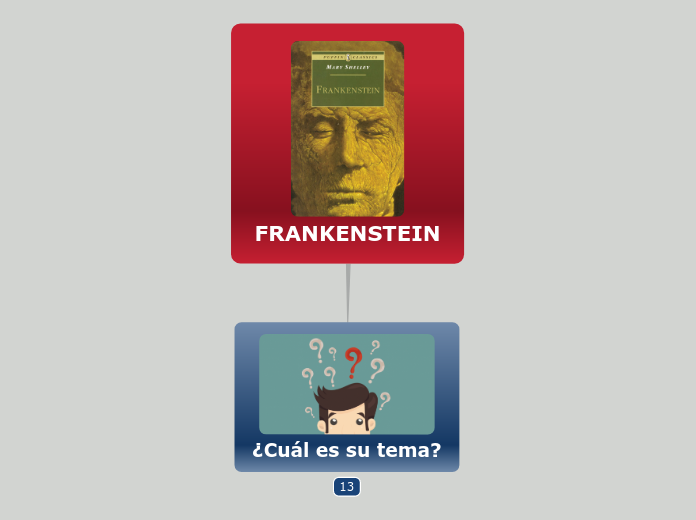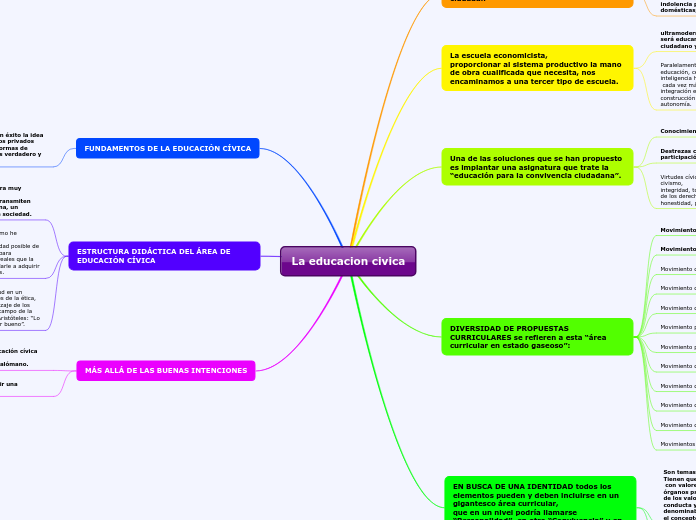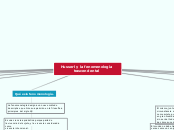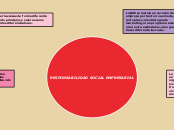FRANKENSTEIN
Type in the name of the multiple-perspectives text.
Example: Bridge to Terabithia by Katherine Paterson
¿Cuál es su tema?
Identify an important issue from the text that is being presented from different angles. Type it in.
Example: Jesse's drawing talent.
Historia de terror
Decide on the fourth point of view
Type in the name of the last character whose perspective on the issue you are going to present.
Example: Leslie Burke, Jesse's new next-door neighbor, and best friend.
Point of view
Type in a relevant quote that highlights the character's point of view. Try to follow a citation format: author's name, chapter, and page.
Example: I can't get the poetry of the trees,' he said. She nodded. Don't worry,' she said. You will someday. He believed her.' (Paterson, 4. 24)
Nacido en una noche oscura y tormentosa, Frankenstein ; o, el Prometeo moderno es una verdadera obra maestra del terror que comenzó como una historia de fantasmas junto al fuego y se convirtió en un fenómeno mundial. Su autora adolescente, la futura Mary Shelley , recurrió a sus pesadillas para inventar una historia tan desafiante como escalofriante.
Relación entre Dios y el hombre
Whose character does the third point of view belong to?
Type in his/her name.
Example: Mr. Aarons, Jesse's father.
What does the character think, say or do that suggests their perspective on the issue?
Type in a quote and try to maintain the citation format.
Example: 'He would like to show his drawings to his dad, but he didn't dare. (...) He'd thought his dad would be pleased. He wasn't. What are they teaching in that damn school? he had asked.' (Paterson, 2.8)
Los clásicos lo son precisamente por eso: el autor habla, finalmente, del hombre, de la verdad, de Dios, de las emociones más profundas, de las tensiones más humanas. Eso no pasa nunca de moda y uno es capaz de capturar, sea cual sea el argumento, lo actual del mismo.
Feminismo
Decide on the second point of view
Name the character (it can either be the main character or one of the supporting characters) whose point of view you are presenting.
Example: Miss Edmunds, Jesse's music teacher.
Type in a quote that points out the character's position about the issue.
Try to follow a citation format: author's name, chapter, and page.
Example: 'She said he was unusually talented, and she hoped he wouldn't let anything discourage him.' (Paterson, 2. 8)
Muchos estudiosos de la literatura han señalado que Frankenstein tiene relación con la vida de Mary Shelley. Podría tratarse de un "mito al nacimiento", que escribió movida por la culpa que le suponía la muerte de su madre al nacer ella, así como la de tres de sus hijos.
How is the viewpoint introduced in the story?
Choose an answer:
First person point of viewSecond person point of viewThird person point of viewOmniscient point of view
Los límites éticos de la ciencia
Decide on the first point of view you are going to present.
Type in the name of the character (it can either be the main character or one of the supporting characters) whose point of view belongs to.
Example: Jesse Oliver Aarons, Jr., the main character of the novel, a fifth-grader living in a rural Southern area.
Point of view
Type in a relevant quote that highlights the character's point of view towards
¿Cuál es su tema?.
Try following a citation format: author's name, chapter, and page.
Example: 'Jesse drew the way some people drank whiskey. (...) Lord, he loved to draw. (...) When he was in first grade, he told his father that he wanted to be an artist when he grew up.' (Paterson, 2. 7)
Type of narration
What type of narration introduces the viewpoint?
Choose an answer:
First person point of view - using the personal pronouns 'I' or 'we'Second person point of view - using the personal pronoun 'you'Third person point of view - using the third-person pronouns 'he', 'she' and 'they'Omniscient point of view - an all-seeing observer tells the story
La historia de Víctor Frankenstein, un estudiante de medicina obsesionado por conocer “los secretos del cielo y la tierra” y desentrañar “la misteriosa alma del hombre”, pone sobre el tapete la lucha entre la ciencia y la ética: ¿podemos hacer cualquier cosa, solo porque sabemos cómo hacerlo?









